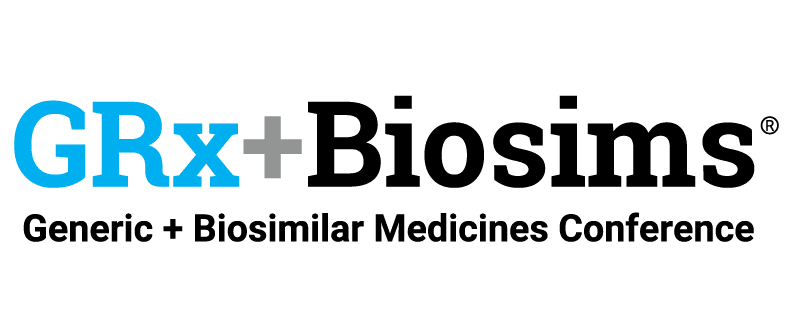WASHINGTON, DC (May 23, 2022) – Today, the Association for Accessible Medicines (AAM) and its Biosimilars Council submitted a comment letter to the Federal Trade Commission in response to its request for information on “the ways that large, vertically integrated Pharmacy Benefit Managers (PBMs) are affecting drug affordability and access”. The FTC sought information on a wide range of issues in the PBM market including contract terms, rebates, fees, pricing policies, steering methods, conflicts of interest, and consolidation.
“A distinct set of PBM business practices have resulted in higher prices and delayed access to generics and biosimilars for patients,” said AAM CEO Dan Leonard. “These business practices directly cause consumer harm, undermine the long-term viability of the generics and biosimilars industry and imperil billions in annual savings for taxpayers and the U.S. health care system.”
AAM’s submission details how PBMs force patients to overpay for generic medicines through copays that do not reflect their decreasing costs and how PBMs prefer high-cost brand drugs to the detriment of lower-cost biosimilar competition.
“Generics and biosimilars are lower cost options, but too often PBMs do not encourage their use. And when they do, they can force patients to pay more than necessary,” commented Biosimilars Council Executive Director Christine Simmon. “We look forward to working with the Federal Trade Commission to investigate how PBMs contribute to ever increasing costs in the pharmaceutical supply chain and on approaches to meaningfully reduce the costs of prescription drugs for America’s patients.”
An additional docket submission signed by several patient, consumer, taxpayer, and other groups bolstered AAM and the Council’s position by highlighting the negative impact these PBM practices have on their constituents and calling on the FTC to investigate.
“Every day, allergy and asthma patients bear the brunt of anti-competitive PBM business practices. By restricting access to more affordable generic and biosimilar alternatives, PBMs are forcing the majority of allergy and asthma patients to pay for expensive brand-name medicines just to manage their conditions,” said Tonya Winders, President and CEO of the Allergy & Asthma Network, a signatory of the letter. Winder concluded, “It is critical that the FTC investigate how PBMs are inflating pharmaceutical prices and take swift action to promote competition and provide savings to patients who need these medicines most.”
MEDIA CONTACT:
Allen Goldberg
202.249.7110
To learn more, read our blog here.
